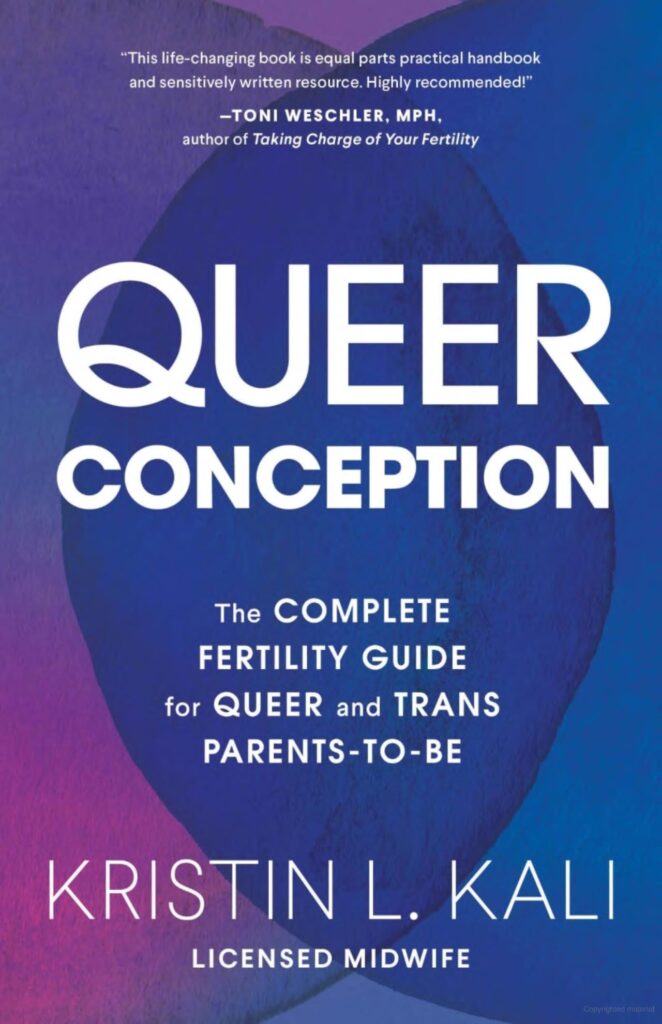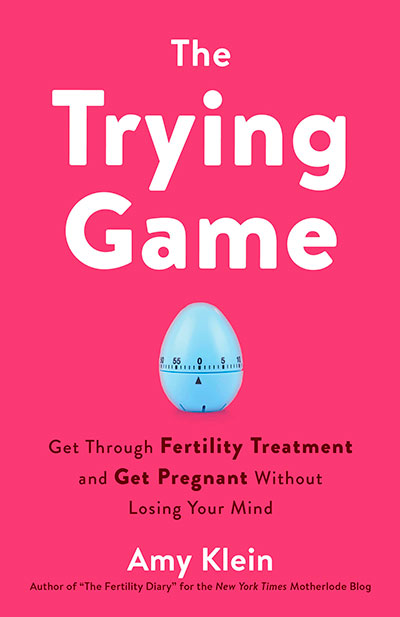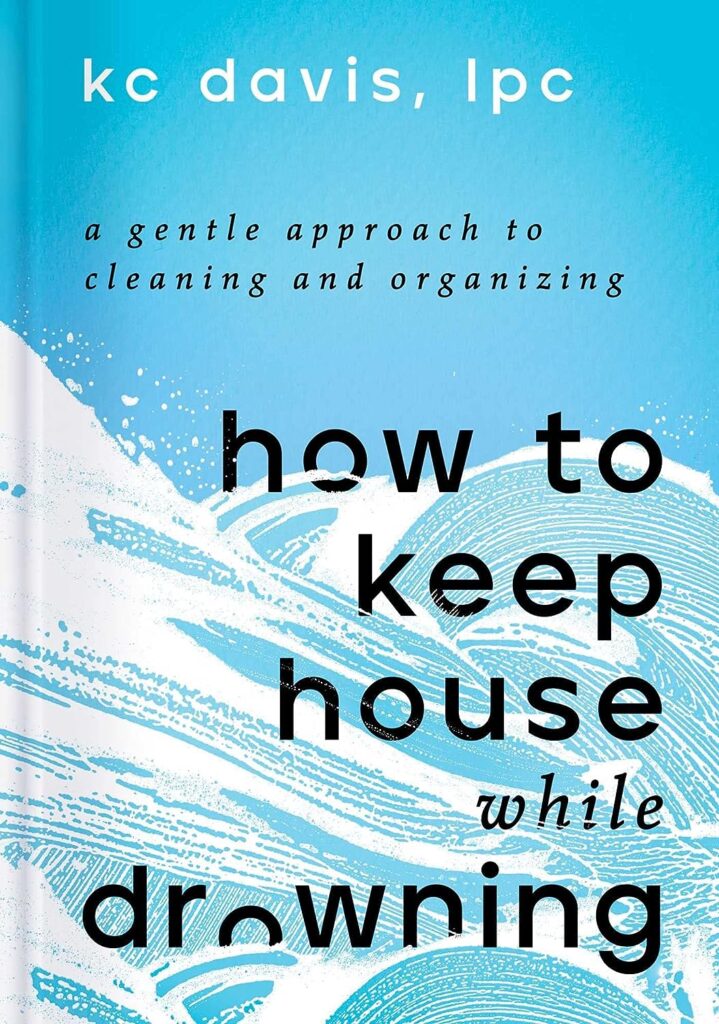One of the most amazing things about books is the way that — sometimes — they can make us feel seen, especially when we are feeling a bit alone. At times, people have told me this about Expecting Better, and it’s the highest compliment.
Today, I wanted to feature three books which I think will do this for many of you, for different reasons. These three — one about queer parenting, one about infertility, one about cleaning and organizing and also postpartum depression (really) — are not books everyone will feel they need (although I will say that all are fantastic and worth a read by anyone). But they’re all books that if you do need them, you may well find life-changing.
I asked all three authors to introduce the books themselves with just two simple questions:
- Why did you write the book, and who do you especially hope reads it?
- What was the most interesting/surprising things you learned in writing this?
Enjoy.
Kristin Liam Kali, Queer Conception
1. We live in a cis/heteronormative world, and this is glaringly obvious in health care surrounding fertility and childbirth. Families conceiving with donor sperm are not well served in clinics designed for straight people with infertility, and information about fertility in books and websites falls far short of what we actually need to conceive. This book fills the gap in a voice that is queer affirming, gender inclusive, emotionally uplifting, and specific to LGBTQ+ families’ needs.
2. I’ve been doing this work for over 15 years, so writing this book was mostly a matter of putting my knowledge and expertise on paper, along with all the research to support it. What I did not anticipate is that I’ve ended up going through a hormonal gender transition midway through its publication. Since the time it went to press, I’ve started using the name Liam, which at this point is only represented by the middle initial “L” on the cover. Future editions will contain my full name, Kristin Liam Kali. Ultimately, we are all a work in progress, whether we are building our families or navigating gender identity and expression. It has been delightful to witness my process unfold simultaneously with this book!
Amy Klein, The Trying Game
1. Nobody was talking about fertility in 2011/2 when I started trying to get pregnant. I felt like I entered a secret world, waiting on line at 7 am at fertility clinics, so I started writing about my experience for the New York Times, about all the expectations and disappointment of treatment. After four years, ten doctors, nine rounds of IVF and four miscarriages, when we finally had our daughter, the fertility landscape had changed — people were talking and writing about infertility and sharing their journeys on social media. Now it seemed that there was *too* much information and it was all too overwhelming. I really wanted to help people get through all aspects of trying to conceive, from the feeling of “Oh shoot am I going to have fertility issues?’ to “how do I find a doctor,” to “how am I going to pay for this?!”and “What do I tell my boss/busybody friends/annoying mother-in-law?” And “how can I get through this?”
This is also a book for anyone who wants to understand what someone going through infertility is dealing with emotionally, like if you’re a partner or spouse or family member who really wants to understand the experience and how to help.
2. What I learned about writing this was that no matter how different we may be, whether we’re married, single, straight or Queer, no matter which different diagnoses we have and how the technology changes, our emotional journey is still the same. Most of us are shocked, disappointed, hopeful, then worried it may not work out, or it will be harder and more expensive than we thought.
And we all need permission to take care of ourselves — physically and emotionally — while we are doing this, and I hope The Trying Game gives people permission to take care of themselves during their baby-making journey and feel less alone.
KC Davis, How To Keep House While Drowning
1. I’ve been a messy person my whole life. And for a long time, I really believed it was some sort of character failing on my part. When I struggled with postpartum depression, it became even harder to do simple things around my house. I realized that while there are so many resources out there for home care they are always aspirational and aesthetically pleasing. Yet the majority of people that struggle with daily care tasks like laundry, dishes, or cleaning aren’t in a place where they can keep up with complicated systems or complete overhauls in organization. There is this intersection where mental health meets home tasks that no one was really talking about in a compassionate and practical way. So I wrote How to Keep House While Drowning for anyone with a barrier to functioning around the house — mental health, neurodivergence, disability, postpartum, or just daily overwhelm.
2. My book has been praised for being accessible for people who are overwhelmed. It has very short chapters, and it isn’t very long. The funny surprise is that when people ask how I was able to write a book so accessible to my readers my answer is always, “Initially I wasn’t trying to make the book accessible for others to read, I was trying to make it accessible for me to write!” I had long stared at blank word documents, unable to get my thoughts on the page. I’m actually not a great writer — but I am a pretty good speaker. So I went back through my social channels and transcribed every short form video I had ever done on this topic and that left me with all these disjointed paragraphs. I spent another two months trying to decide how to connect these little vignettes into a “real” book and finally realized that my choices were to publish an imperfect book or not publish the perfect book. So I decided to make each section its own chapter — some only a page long. That is how it made the most sense to me and it has been so a happy surprise to see that it’s often the thing my audience appreciates about the book the most. Accepting my own limitations as a writer has resulted in honoring the limitations of my readers.
Community Guidelines

















